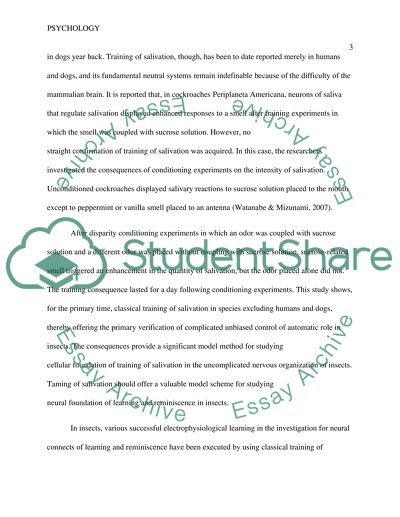Cite this document
(“Classical conditioning Essay Example | Topics and Well Written Essays - 1250 words”, n.d.)
Retrieved from https://studentshare.org/psychology/1433719-classical-conditioning
Retrieved from https://studentshare.org/psychology/1433719-classical-conditioning
(Classical Conditioning Essay Example | Topics and Well Written Essays - 1250 Words)
https://studentshare.org/psychology/1433719-classical-conditioning.
https://studentshare.org/psychology/1433719-classical-conditioning.
“Classical Conditioning Essay Example | Topics and Well Written Essays - 1250 Words”, n.d. https://studentshare.org/psychology/1433719-classical-conditioning.


